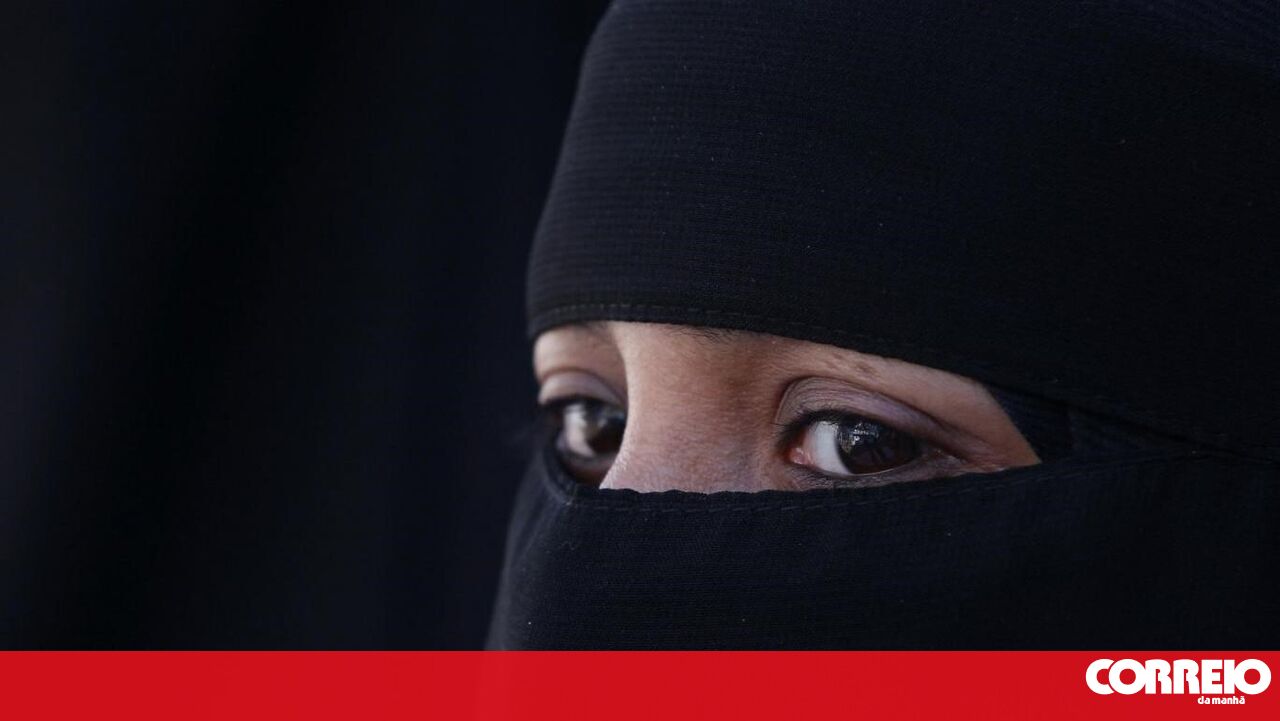Amnesty International has strongly condemned the Portuguese parliament's approval of a bill proposed by the Chega party, which bans the concealment of the face in public spaces, labeling it as "discriminatory and a violation of women's rights".
In a statement, the organization asserted that "the proposal is discriminatory and violates the human rights of women who choose to wear a veil to cover their face". The Portuguese Parliament approved the bill in general terms on Friday, citing women's rights and security concerns as reasons for prohibiting burqas and other face-covering veils in public areas.
Amnesty International warns that enforcing this measure could have implications for the right to privacy, freedom of expression, and the right to peaceful assembly and protest. The organization expressed serious doubts about the ban's compatibility with Portugal's obligations under international human rights law, emphasizing that "no political decision-maker should dictate what a woman can or cannot wear" and that "no woman should be punished for exercising her faith, cultural identity, or beliefs".
According to Amnesty, this prohibition "far from defending women's rights, violates the rights of those who choose to wear full-face veils" and may do little to protect women forced to wear them, potentially leading to greater exclusion or confinement. While acknowledging that face-covering veils like burqas and niqabs can raise security issues, Amnesty suggests that individuals "can be required to reveal their faces when objectively necessary, such as for identity checks", noting that this is already provided for in Portuguese law.

Inês Subtil, Amnesty International's research coordinator, told RTP that the measure violates rights enshrined in the Portuguese Constitution. The bill, which originated from Chega and gained support from PSD, CDS-PP, and Iniciativa Liberal, was opposed by PS, Livre, PCP, and Bloco de Esquerda, with PAN and JPP abstaining.
The proposed law aims to ban "clothing intended to hide or obstruct the display of the face" and references countries like Denmark, France, and Belgium that have already prohibited Islamic veils in public spaces. It includes exemptions for health reasons, professional, artistic, entertainment, or advertising purposes, and does not apply to airplanes, diplomatic and consular installations, or places of worship and other sacred sites.
The text will now proceed to specialized committees for refinement before a final global vote. If passed, the use of burqas or similar attire will be banned in Portugal, following a trend adopted by over 20 countries in recent years, starting with France in 2011. These nations, including Spain, Italy, Belgium, Denmark, and the Netherlands, often justify the ban based on protecting secular values, combating religious extremism, or public security reasons.


















Comments
Join Our Community
Sign up to share your thoughts, engage with others, and become part of our growing community.
No comments yet
Be the first to share your thoughts and start the conversation!